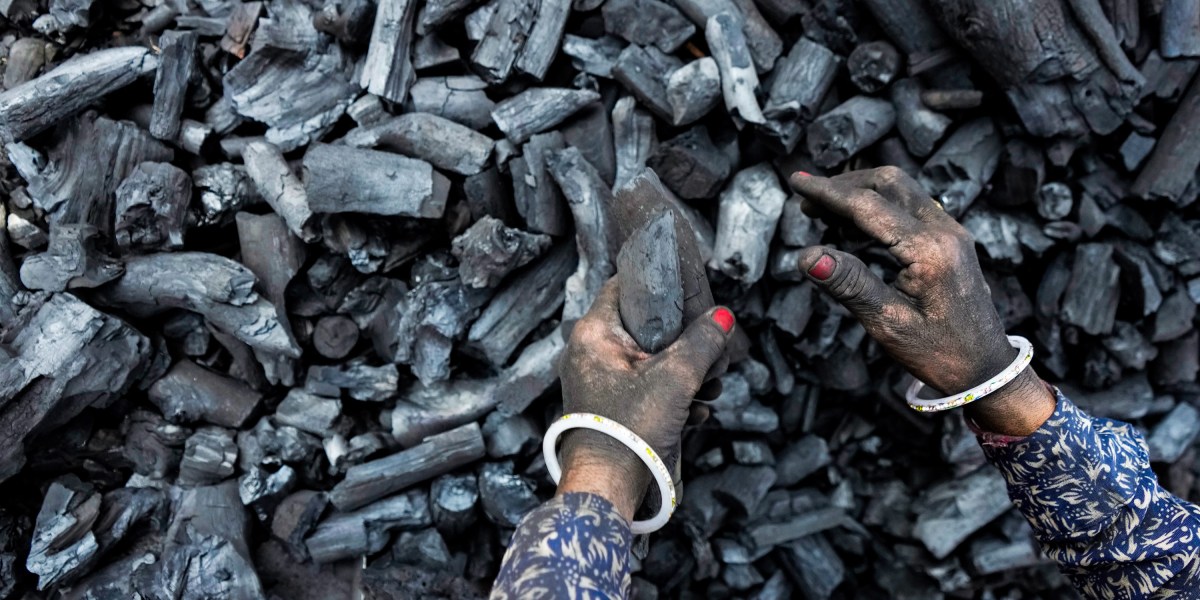The two words that pushed international climate talks into overtime

If you’ve tuned out news from the summit, I don’t really blame you. The quibbles over wording—“urges” vs. “notes” vs. “emphasizes”—can all start to sound like noise. But these talks are the biggest climate event of the year, and there are some details that are worth paying attention to.
We’ve seen agreements on methane and renewables, and big progress on an international finance deal. And, of course, there was the high-profile fight about fossil fuels. As negotiators wrap up and start their treks home, let’s take a beat to sort through what happened at COP28 and why all these political fights matter for climate action.
What’s the point of these meetings anyway?
The UN Conference of the Parties (COP) meetings are an annual chance for negotiators from nearly 200 nations to set goals and make plans to address climate change.
You might be familiar with the outcome of one of these meetings: eight years ago COP21 gave us the Paris Agreement, the international treaty that set a goal to limit global warming to 1.5 °C (2.7 °F) over preindustrial levels.
This year’s meeting comes at a crucial time for the Paris Agreement. Part of that treaty requires the world to put together a progress report on climate change, called the global stocktake. It’s supposed to happen every five years, and the first one was scheduled to finish up at this year’s COP.
What were the big agreements from the meetings?
1. On the first day of the talks, there was a big announcement about a loss and damage fund. This is money that richer nations put into a pool to help pay for damages caused by climate change in more vulnerable nations.





